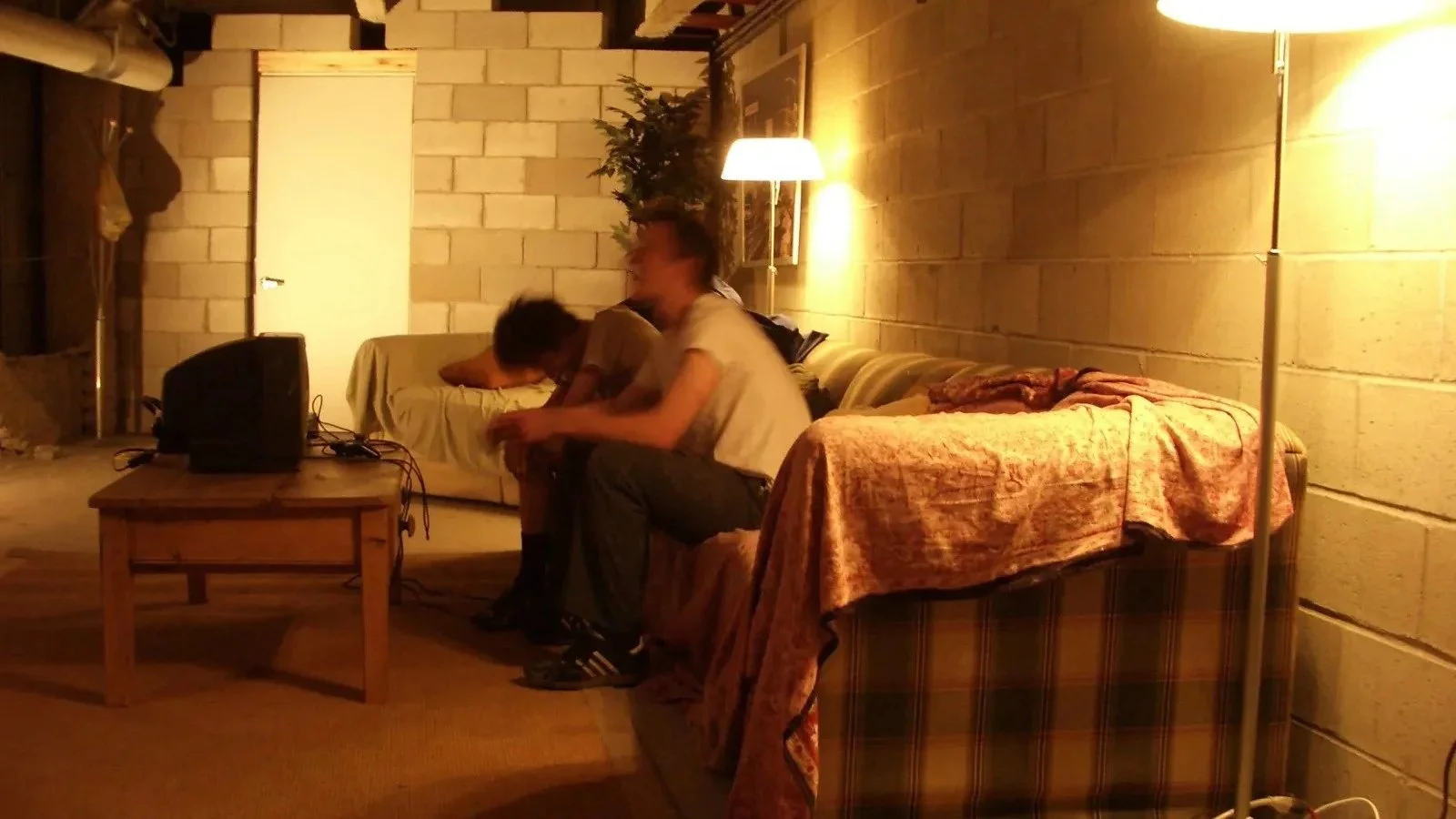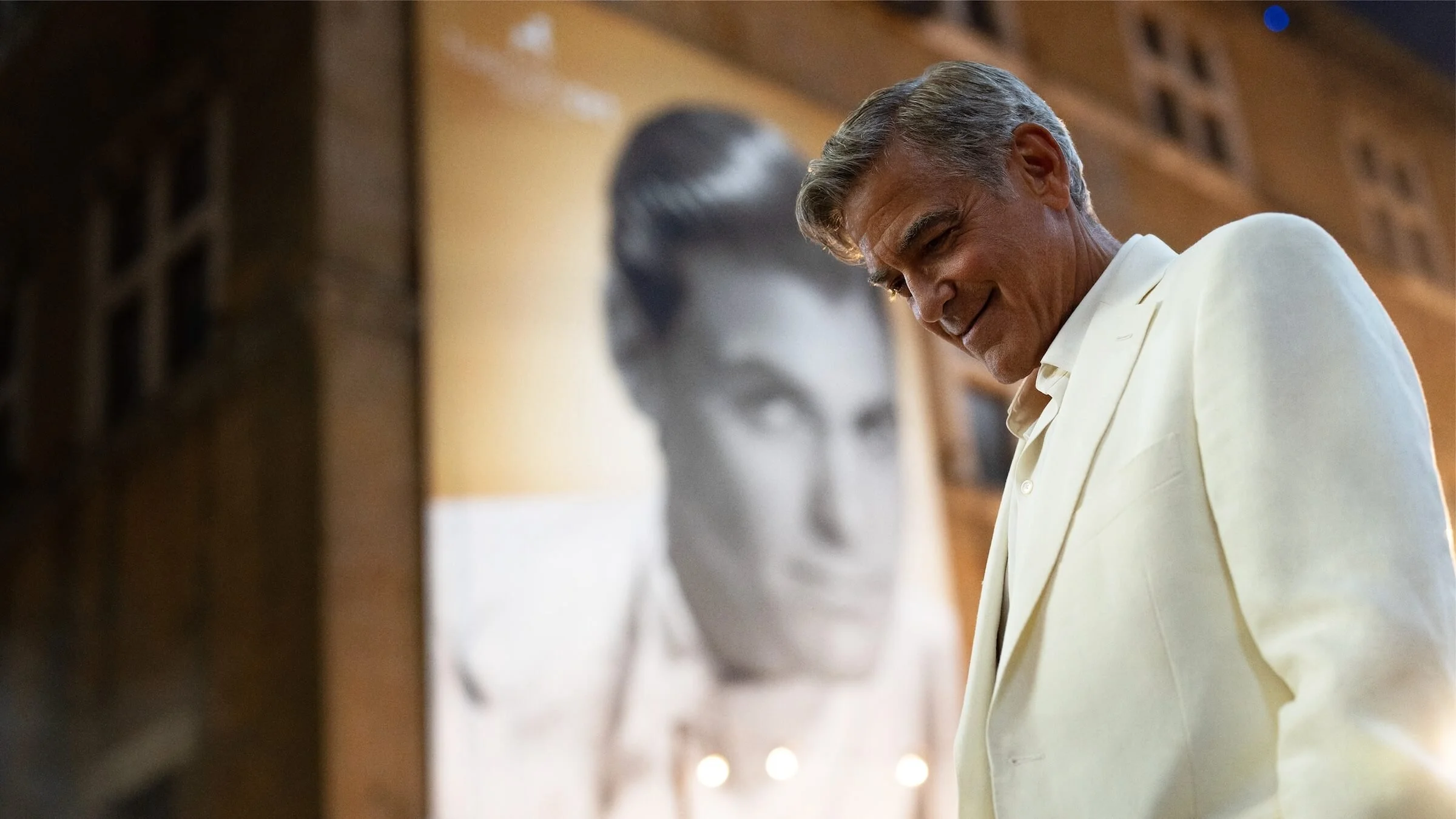Review: Broker (2022)
Hirokazu Kore-eda is artistically consumed by the notion of what constitutes family. For the past few decades, he’s explored the bonds that define us through stories of dysfunctional families, as he does in his best films, Nobody Knows and Still Walking. In the past decade, he has extended this exploration to include makeshift families that are not bonded by blood, as in Like Father, Like Son and his Palme d’Or-winning Shoplifters. With Broker, he’s taken a film that sounds like a grisly thriller from the plot description—black market brokers sell a woman’s unwanted baby—and turned it into another surprising examination of how families are made and what keeps them together. It’s an open hearted film about healing and forgiveness, one that encourages us to see the best in our fellow human beings, even in the most difficult of circumstances.
The film starts outside a South Korean church where two detectives (Bae Doona and Lee Joo-young) watch as a young woman, Moon So-young (Lee Ji-eun), abandons her baby outside the church’s baby box (a safe place for infants to be placed for adoption) and flees into the rainy night. The older detective goes outside and places the baby inside the box only to return to the car for surveillance. Soon enough, Dong-soo (Gang Dong-won) retrieves the child from the box and spirits it away, erasing the security camera footage and any record of its abandonment. From this opening moment, we’re in a position of judgment, watching from the car of these two cops (aligning us with them) who are looking to crack a human trafficking ring. We witness an abandonment followed by a crime, compounding one mistake after another. But Kore-eda doesn’t take long to start chipping away at our conceptions of who these people are and why they’re doing what they’re doing.
To be clear, Kore-eda does not excuse the crime. But as a great dramatist, he helps us to understand the people caught up in this dark event on a rainy night in Busan. We meet Dong-soo’s business partner, Ha Sang-hyeon (Song Kang-ho), who runs a laundry and owes money to local gangsters. The two men plan to sell the baby on the black market to a rich family that cannot have kids. But So-young returns to the church to find her baby (most churches with baby boxes allow a woman to return within eight weeks to reclaim their infant). This forces Dong-soo and Sang-hyeon to intervene and bring the mother into their scheme. She can come with them to find suitable parents (buyers) and they’ll give her a cut of the profit if she keeps her mouth shut to the police. She agrees and they hit the road in Sang-hyeon’s beat-up old delivery van to visit prospective parents.
From here on out, Broker becomes a road movie, with many of the conventions of the genre. There are humorous interludes, detours into the past, quiet reflections, and close calls with the authorities. Shooting with Bong Joon-ho’s frequent collaborator, Hong Kyung-pyo, Kore-eda maintains a crisp visual style throughout the film. The editing is patient, the camera usually stationary and cutting between establishing shots and close-ups. Kore-eda always focuses on the people within the various environments, situating faces and eyes against busy backdrops of neon-signed urban streets and sweeping coastal views.
We visit various cities across South Korea where the men meet with prospective parents, but each time So-young finds something wrong with them. She rejects one couple after the other, perhaps her conscience nagging at her, implying that she might want to keep the child after all. With each stop, we learn tidbits about these people’s lives. We visit Dong-soo’s old orphanage and meet Sang-hyeon’s estranged young daughter. We learn why these men might be suited to this work and reasons why they might do it, beyond the money they make from it.
Surprisingly, the men prove capable caregivers for the baby. They delight in caring for him and feeding him. When he gets a cold, they dote over him and rush him to the hospital, pretending to be his family. They’re pros at it—implying that this isn’t their first rodeo—but there’s also a gentleness and warmth to how they treat the kid. So-young watches them in disbelief, baffled at how two criminals could care for her child more than she does. But such affection warms something in her, melting her icy exterior. She lets her guard down and we start to see the wounded person who could make such a tortured decision in the film’s opening moments.
Kore-eda is masterful at letting us see his characters as real people. He is an open-hearted filmmaker who clearly loves his characters with a grace that is rare in contemporary cinema. But he’s also not nearly as manipulative as some detractors of his work might make you think. He leans towards the sentimental, yes, but he also doesn’t shy away from the darkness of people’s lives. Importantly, he does not overwrite characters or over explicate their motivations. In Broker, he lets us glimpse aspects of these people, but there is not the sort of “capital-m” motivation for each character that you’d find in a Hollywood melodrama or awards bait. Kore-eda knows that if he helps us pay attention, the actors will reveal the truths of their characters to us. He’s brilliant at casting—Song Kang-ho is one of the world’s best actors, as Parasite reminded us in 2019, but Gang Dong-won and Lee Ji-eun are both exceptional here as well—and his camera’s attention to detail and humanity lets the power of his stories accumulate over time.
A sequence set on a Ferris wheel is a perfect example of the film’s patient character-based storytelling. We watch and wait and listen to Dong-soo and So-young ride the Ferris wheel and discuss their possible futures. The presence of a sleeping child and baby in the compartment paints a portrait of a potential life without ever outlining it for us in dialogue. Another scene, late in the film near the climax, in which So-young addresses her child directly, is devastating to watch, the kind of quiet soul-bearing moment that is impossible in movies that are louder and flashier than this one.
Over the course of Broker, we come to know these characters intimately. We learn what they are running from and what they could be running towards. Only the convolutions of the plotting near the film’s end hold this back from being one of Kore-eda’s best. But despite the slight stumble at the finish line, Broker remains one of 2022’s most affecting dramas. Kore-eda is our great humanist storyteller. Only he would be capable of transforming this film that sounds like a dour slog into one of the most touching and optimistic works of the year.
8 out of 10
Broker (2022, South Korea)
Written and directed by Hirokazu Kore-eda; starring Song Kang-ho, Gang Dong-won, Bae Doona, Lee Ji-eun, Lee Joo-young, Im Seung-soo.



Joe Carnahan’s cop thriller starring Matt Damon and Ben Affleck is an enjoyable whodunnit.